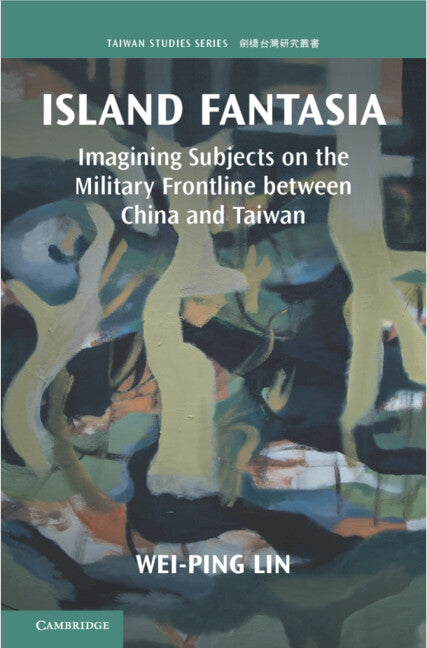Freshly Printed - allow 8 days lead
Couldn't load pickup availability
Island Fantasia
Imagining Subjects on the Military Frontline between China and Taiwan
An innovative ethnography and social history of the Matsu archipelago between China and Taiwan.
Wei-Ping Lin (Author)
9781316519370, Cambridge University Press
Hardback, published 7 October 2021
250 pages
23.5 x 15.8 x 2.5 cm, 0.63 kg
'this monograph is not only insightful for anthropology scholars and people interested in Matsu but also useful for students of other branches of social science and area studies.' Kuang-Hao Hou, The China Quarterly
The Matsu archipelago between China and Taiwan, for long an isolated outpost off southeast China, was suddenly transformed into a military frontline in 1949 by the Cold War and the Communist-Nationalist conflict. The army occupied the islands, commencing more than 40 long years of military rule. With the lifting of martial law in 1992, the people were confronted with the question of how to move forward. This in-depth ethnography and social history of the islands focuses on how individual citizens redefined themselves and reimagined their society. Drawing on long-term fieldwork, Wei-Ping Lin shows how islanders used both traditional and new media to cope with the conflicts and trauma of harsh military rule. She discusses the formation of new social imaginaries through the appearance of 'imagining subjects', interrogating their subjectification processes and varied uses of mediating technologies as they seek to answer existential questions. This title is Open Access.
Introduction: Imagining subject
Part I. History of the Matsu Archipelago: 1. Forbidden outpost
2. Becoming a military frontline
3. To leave or to stay?
4. Gambling with the military state
Part II. New Technologies of Imagination: 5. Digital Matsu
6. Online war memory
Part III. Fantasia of the Future: 7. Women and families in transition
8. Community materialized through temple building
9. Novel religious practices as imaginative works
10. A dream of an 'Asian Mediterranean'
Conclusion: Becoming ourselves.
Subject Areas: Social & cultural history [HBTB], 20th century history: c 1900 to c 2000 [HBLW], Asian history [HBJF]


